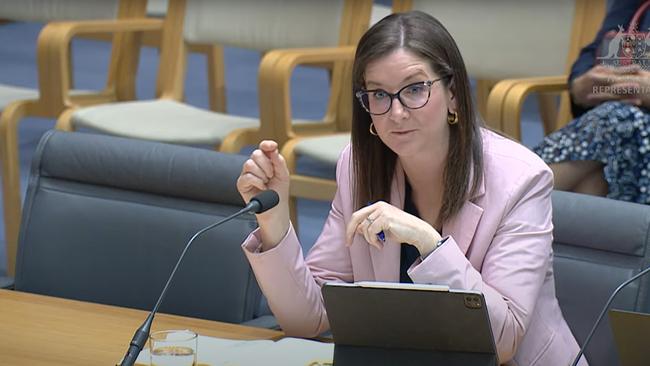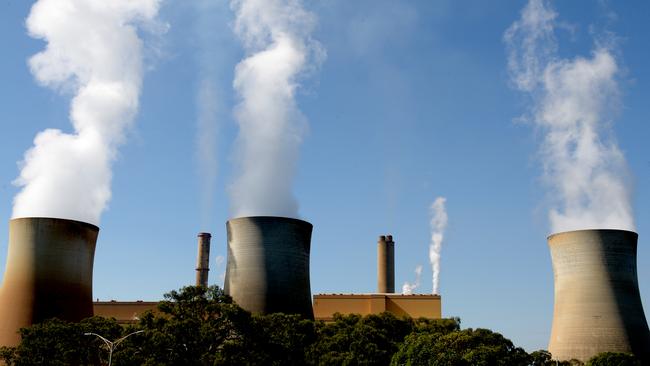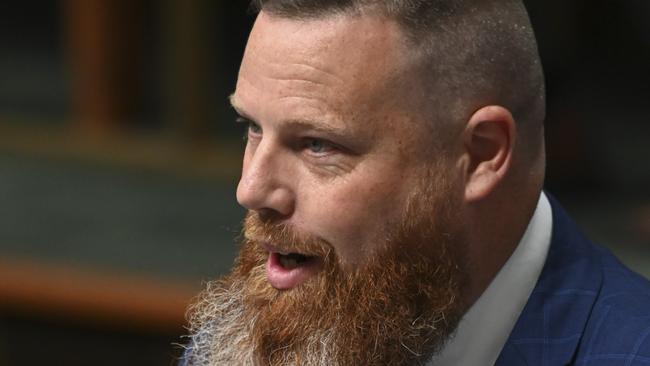Regulation for nuclear energy could take a decade to sort out, inquiry hears
A worrying prediction has cast serious doubt over Peter Dutton’s nuclear energy plan, as a Labor-led parliamentary inquiry gets underway.
Laying the regulatory ground work for nuclear energy in Australia could alone take up to a decade, a committee has heard.
The Select Committee on Nuclear Energy is probing the viability of atomic power after the Coalition announced its plan to include nuclear in the country’s energy mix.
Fronting the committee’s first day of public hearings, Australian Energy Regulator (AER) chair Clare Savage said “nuclear may well have a role to play” in meeting Australia’s energy needs, but it would take a long time.
“I‘ve been involved in quite a number of different exercises of developing regulatory frameworks,” Ms Savage said.
“By the time you do licensing, safety, environmental, technical, commercial and you do legislation, rules, guidelines, consultation ... for us, just to do a guideline takes 12 to 18 months because you have to do an issues paper, a draft decision, a final decision.

She said the red tape paired with “interjurisdictional stuff”, or making sure everything is squared across levels of government, it could take “eight to 10 years for a regulatory framework.”
Works to build the nuclear reactors would not be able to start until that framework was in place.
Build times can vary, but recent projects overseas put it at a little north of 10 years.
“And so if that takes you from here, say 2025, to 2035 before you commence building, much of our coal fleet won’t last well beyond that,” Ms Savage warned.
“It’s not don’t do nuclear. It’s more that I think nuclear can’t really fill the role of coal in the sense that coal can’t last until you have nuclear power available.”
Ms Savage’s comments cast serious doubt on the Coalition’s claim that it could have small modular reactors up and running by 2035 or larger reactors by 2037.

During a hearing break, committee chair and former coal miner Dan Repacholi told reporters it was clear Australia’s energy future was not with nuclear.
“We’re working hard on our reliable renewables program and making sure that we’re getting them into the market,” the Labor MP said.
“We’ve had more renewable projects approved over the last ... two and a half years of this government than any government before.
“We are pushing ahead on this, and we’re doing what we need to do to make sure we give Australians the cheapest form of power.”

The Coalition’s plan to build seven nuclear reactors across the country is no stranger to scrutiny.
It has attracted heavy criticism for its lack of costings or consultation with communities near the proposed sites.
The Coalition has also not outlined where it would manage nuclear waste.
Asked about storage solutions for nuclear waste, Mark Weaver of the Australian Radioactive Waste Agency said it would “likely be in the decades” to get a permanent waste facility operational.
“Typically, internationally, it’s stored onsite, generally close to where the waste is generated,” he said.
This means it would be likely be stored, albeit temporarily, in the local communities housing the nuclear reactors.
Submissions to the inquiry close on November 15 and it is due to report by no later than April 30.



To join the conversation, please log in. Don't have an account? Register
Join the conversation, you are commenting as Logout